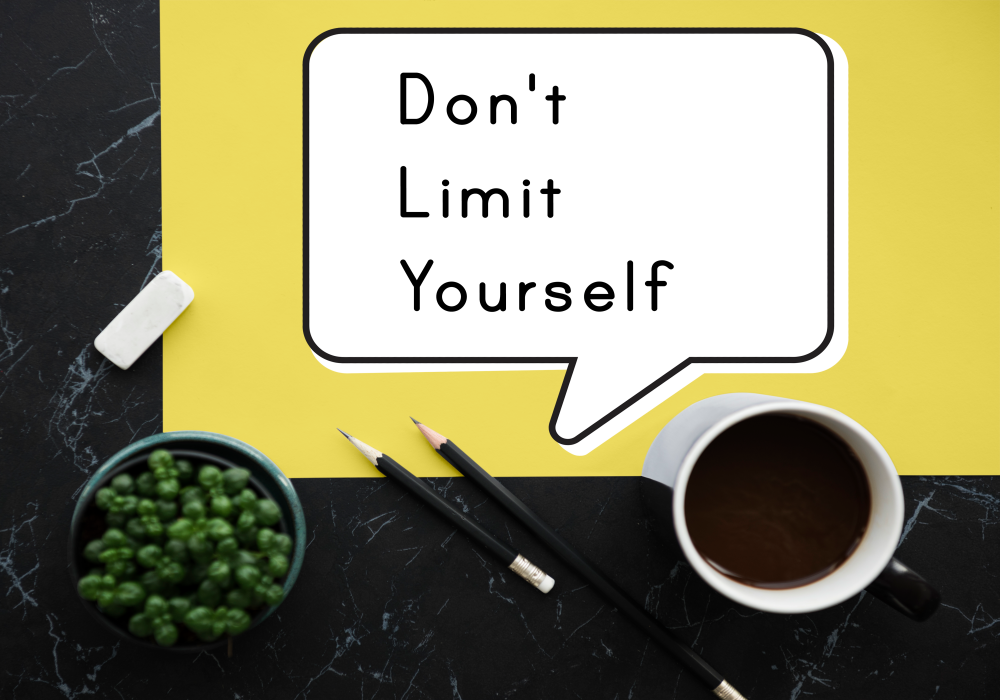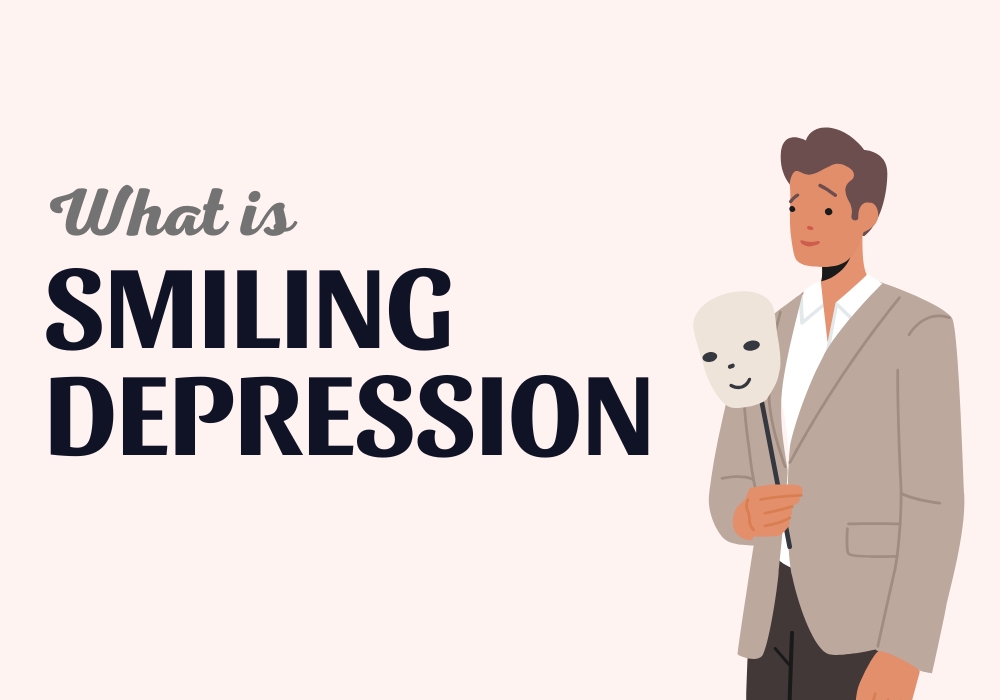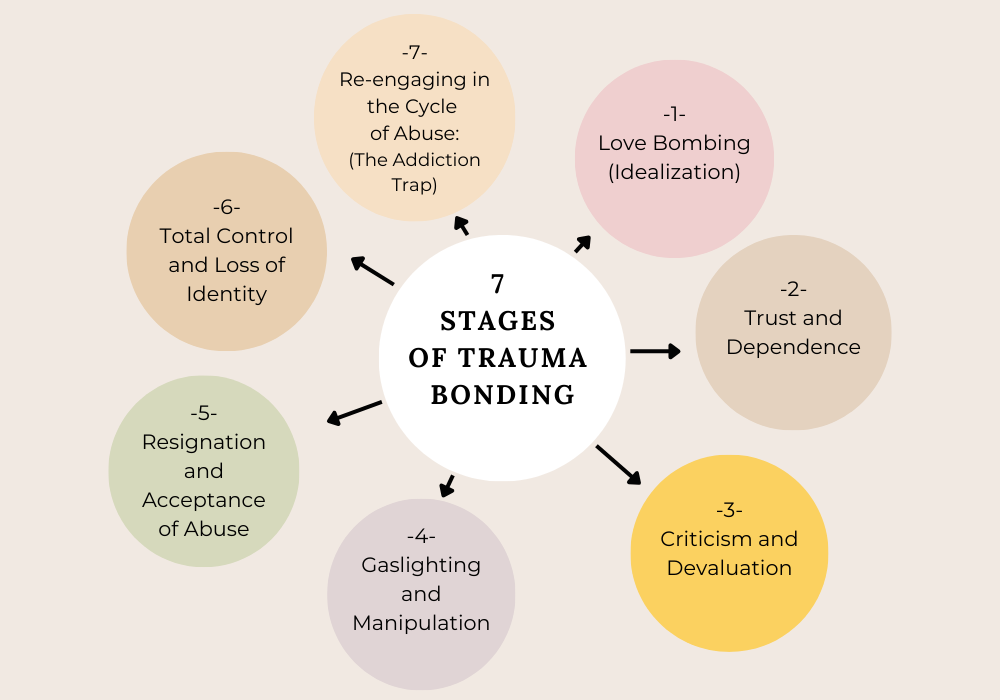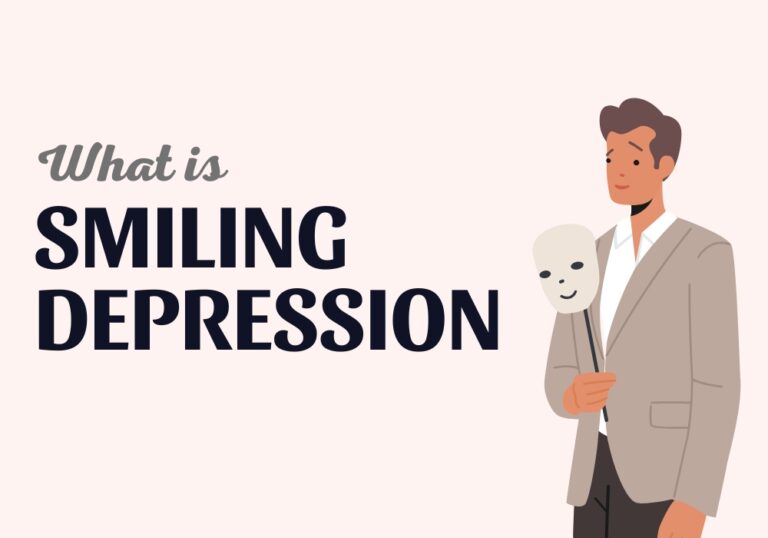How to Standing Up for Yourself ?
Standing up for yourself involves developing the ability to set boundaries rather than merely pleasing others. Being intentional in changing a pushover tendency is essential.
In life, we inevitably encounter situations where standing up for ourselves is crucial. For some, especially those with anxiety, this can be challenging. It’s essential to assert oneself without aggression while effectively conveying one’s point. You aim to gain respect without your actions being misconstrued.
While it may seem simpler to avoid conflict by going along with others, allowing people to take advantage of you contributes to stress, and anxiety, and can negatively impact your self-worth and insecurities.
We make numerous daily decisions that either support us by expressing our ideas or diminish our power because of hesitation. Learning to assert yourself lets you control your life, trust your abilities, and become fearless in pursuing your aspirations. As you feel more robust, you grow stronger.
Enhancing the way you stand up for yourself boosts confidence and elevates self-esteem. Recognizing that you deserve respect bolsters your sense of self-worth. It may not happen overnight, but consistent action promotes the development of self-respect.
The importance of standing up for yourself:
Standing up for yourself is very important as it enables you to establish clear boundaries and participate in productive, positive interactions with the people surrounding you, boosting your confidence in various situations.
1-Set boundaries:

Set boundaries to build self-respect and a strong legacy. A balanced life with business, personal identity, and wealth in time, self, and love starts with clear boundaries. Standing up for yourself even when others unknowingly take advantage. Consistently defending your boundaries builds self-respect, teaching others to respect them too.
2-Boosting Self-Respect:

Standing up for yourself means that you convey to both yourself and those around you that you hold yourself and your beliefs in high regard. This action can lead to an enhanced sense of self-respect and self-esteem, as you progressively view yourself as a person deserving respect and thoughtfulness. By confidently advocating for your principles and establishing boundaries that safeguard your well-being, you will experience greater empowerment and command over your life’s direction.
3-Decreased Stress and Anxiety:

A major advantage of standing up for yourself is the reduction of stress and anxiety. Keeping your emotions inside or not being assertive may cause frustration or resentment, leading to stress and anxiety. But when you support yourself and share your thoughts, it frees those bottled-up feelings, making you feel stronger. Plus, by establishing limits and advocating for your needs, you can lessen the stress and anxiety of feeling burdened or stretched too thin.
Related:8 Ways to Bust Stress in 5 Minutes
Related:How to deal with Anxiety with 15 methodes
4-Better Relationships:

Standing up for yourself boosts your connections with others. Clearly expressing your needs and wants avoids confusion and disagreements while fostering trust and respect. Establishing boundaries and sharing your expectations also stops others from mistreating you, leading to happier and stronger relationships.
Related:12 Signs Of An Unhealthy Relationship
5-Boosting Confidence and Toughness:

Defending yourself can boost your confidence and toughness. By being assertive and facing fears, you become more self-assured in dealing with challenges. This improves your overall confidence, encouraging you to take chances and chase your dreams. Furthermore, standing up for yourself builds inner strength and resilience that helps you overcome hard times and recover from obstacles.
Related:20 Ways to Practice Self-Love and Be More Confident
17 Ways To Standing Up For Yourself:
Standing up for yourself is a talent that can be honed over time. Here’s a 17 step on how to do it effectively:
1-Learn assertiveness skills:
Assertiveness entails conveying your needs and desires powerfully while honoring others’ rights and limitations. As an assertive individual, you can articulate your opinions and emotions openly and confidently, steering clear of passive or aggressive actions. Enhancing assertiveness abilities requires mastering the use of “I” statements, communicating with a composed and respectful demeanor, and honing active listening skills.
“I” statements present an effective method for addressing challenging topics without inciting or exacerbating conflict because they center on you – your emotions, needs, and boundaries – thus avoiding accusatory or hostile tones. By making these statements more straightforward and confident, you can enhance the effectiveness of your assertive communication style, creating a longer-lasting, positive impression on others.
2-Hold Fast to Your Boundaries:
In any relationship, setting and clearly expressing healthy boundaries is a crucial aspect, as it informs the individual about the limits they shouldn’t cross. Sometimes people may unintentionally go beyond these limits; they often just lack knowledge about them. After you’ve explained to someone your expectations and the standards you adhere to, it’s vital to firmly uphold these boundaries and not allow anyone to disregard or disrespect them.
3-Learn to Say No :
Learning to decline when you sense something is not right for you can be a crucial skill in managing anxiety and stress. It is essential to confidently say “no” when necessary, and equally important to maintain your stance without feeling the need to provide explanations for your decision.
Related:7 Tips for Saying No Effectively
4-Picking your battles:
Picking your battles requires the ability to recognize when it is necessary to stand up for yourself and when it is better to let things go. Take deliberate action and choose your words carefully to ensure your message is clear and not mistaken for complaining. Confidence and simplicity are key in effectively addressing situations.
5-Stay true to your words and limit your apologies:
If you find that standing up for yourself leads to problems, you may feel compelled to apologize. However, it’s important to be mindful of over-apologizing. This can give the impression that you’re unsure or guilty, which is not the image you want to portray. So, limit your apologies and be confident in asserting yourself.
6-Practice being transparent and authentic:
Practicing transparency and authenticity can be challenging at times, but it can also be incredibly liberating. Instead of hiding behind insincere nods and smiles, it is important to express your true thoughts and feelings. With practice, you can become more confident and genuine in your interactions, increasing the chances of being heard and understood.
7-Figure out what is truly bothering you:
Instead of going along with things to avoid conflict, realize that this only increases your stress and anxiety. It might feel intimidating to confront the issue or person that is bothering you, but facing it head-on will give you the power to improve the situation and reduce its hold on you. Remember that others cannot read your mind, so if you don’t express what is bothering you, they won’t know.
8-Remember, no one can bring you down:
You control your feelings and actions entirely. Your beliefs, emotions, thoughts, and ideas are yours alone, and no one else can change or dismiss them. Likewise, don’t try to dismiss others’ views, as it ruins the chances of resolving issues or having open conversations.
9-Watch your body language:
Body language plays a significant role in expressing our true emotions. It communicates a great deal of information to others, sometimes even more than our spoken words.
Standing up for yourself, it is crucial to exude confidence to effectively convey your message. Maintain a straight posture, make eye contact, and face the person. Slouching or looking away can make you appear less serious. Use your body language to show confidence, which will help you feel more at ease and enhance your self-assurance.
Be mindful of your body language and the nonverbal signals you send out.
Related:How to Be More Attractive? 15 Rules to Increase Attraction
10-Avoid aggressiveness.
It is crucial to refrain from engaging in blatant aggression while defending your stance. Aggressiveness or violence is counterproductive and won’t help you gain any allies. Displaying aggression, whether verbal or physical, showcases your pain in an unhelpful manner and only serves to alienate others.
To attain a favorable outcome, it’s essential to tackle any issue with a calm and objective demeanor. Maintain your position by being confidently assertive without the need for loud or angry communication.
11-Determine why standing up for yourself is hard :
Determine the root cause of your difficulty in asserting yourself.
Identify any trauma, childhood experiences, or any other situation that led to you ignoring your own needs. By understanding the reasons behind your actions, you can change your behavior.
12-Recognize when to leave:
If someone makes the atmosphere negative and toxic, it’s best to go — leave. You likely don’t want to argue in a heated debate. Simply exit, breathe fresh air, and ensure your safety. Leaving is not giving up, but prioritizing your well-being and security.
13-Take time before responding:
You don’t need to instantly reply when someone speaks. Pause, assess the situation, and evaluate your emotions. Consider any present insecurities and remember that you can choose when and how to deal with specific situations. You’re in control.
For example, there is a way of addressing your needs by calmly asking for time to think about what’s best. You can say, “I appreciate your input. I’d like some time to think it over and will get back to you as soon as possible.”
14-Express your perspective clearly while acknowledging other viewpoints:
Of course, you believe you’re right when you stand up for yourself, but for positive interactions, remember there is a different opinion and present your argument as your opinion, not a fact.
15-Believe in Your Worth and Demand Respect:
Many individuals let others control them due to low self-esteem and self-worth issues. Setting boundaries won’t matter if you don’t respect yourself enough to enforce them. Don’t forget, You’re just as valuable as everyone else. You should receive the same respect you give to others. Boost your self-confidence and demand respect by embracing and appreciating your true self. Embracing self-acceptance is crucial for boosting your self-worth and commanding respect.
Related:Low Self Esteem Causes, Signs, & 10 Ways to overcome it
Related:15 Tips For Improving Your Confidence
16-Begin with Small Steps:
Don’t be afraid to stand up for yourself; start with minor actions. Gradually speak up and express yourself. Consistency and practice are crucial. After successfully handling smaller situations, you’ll be ready to tackle more significant boundaries. Before addressing someone, identify your desired outcome and the particular behavior you’d like to change(Desire to end your relationship with them? Want them to quit disrespecting you? What is the particular behavior?…) This clarity will ensure a focused and productive conversation.
17-Keep practicing:
Finally, developing the ability to stand up for yourself may take some attempts to become confident. Consider it as building assertiveness. Get used to expressing your opinion even on small disagreements, like debating the best movie and the best restaurant. The more you practice, the easier it gets in challenging situations.
Practicing and repeating will help you achieve a confident speaking rhythm.









